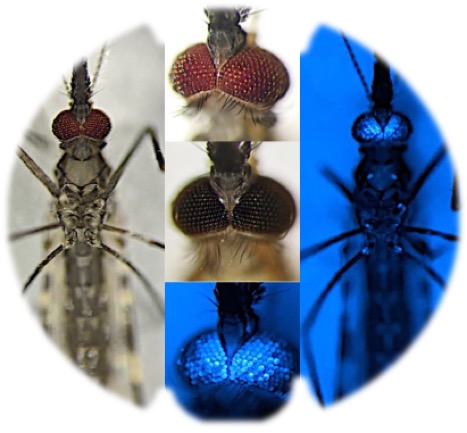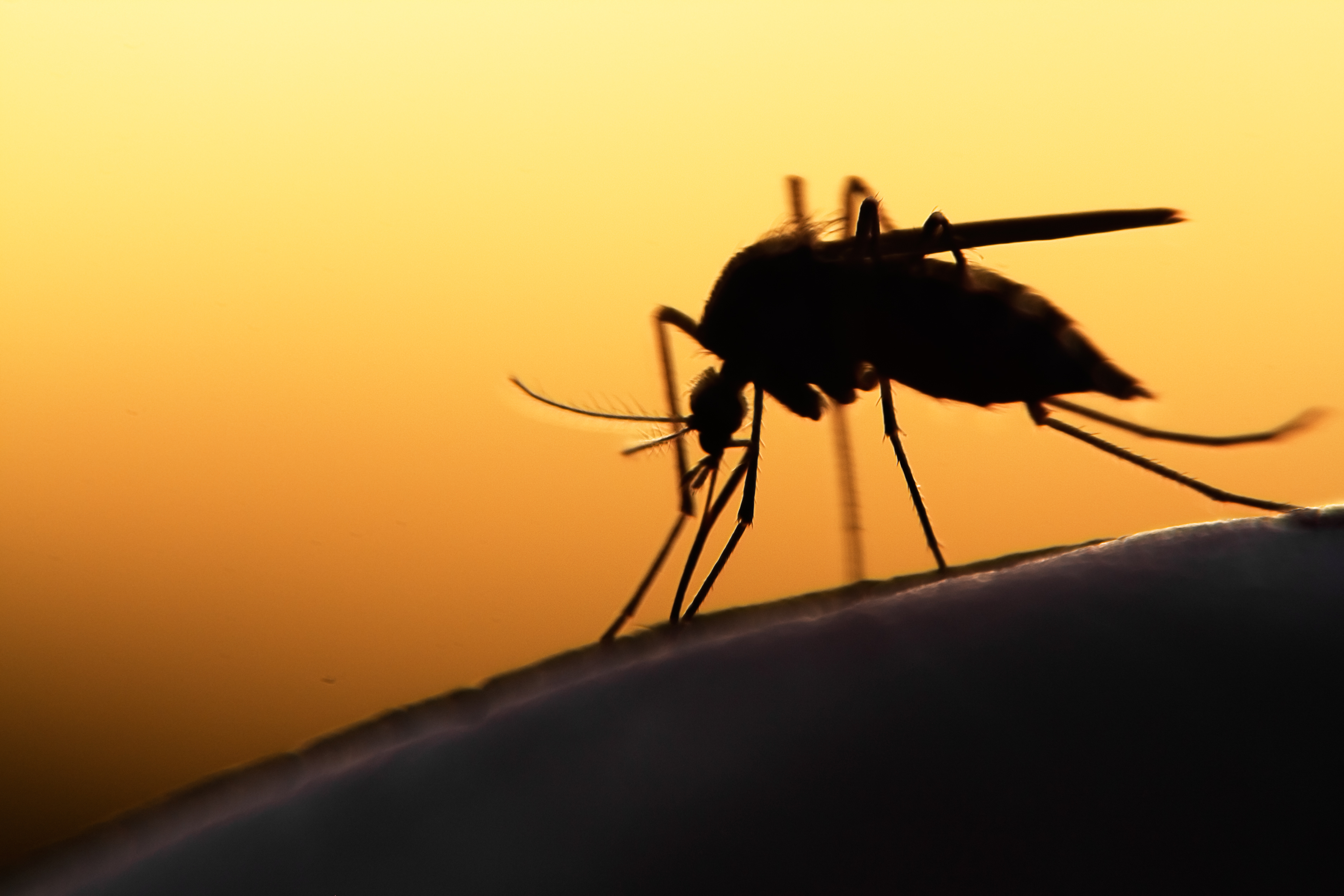Cage Trials Success: Dual Effector Gene Drive May Curb Malaria Transmission
| |
Innovative genetic research is paving the way for groundbreaking solutions to combat vector-borne diseases including malaria, a persistent global health challenge that has seen a concerning rebound in incidence since 2015 due to emerging threats such as insecticide and antimalarial treatment resistance.
The University of California Malaria Initiative (UCMI) is a collaborative group of discovery scientists exploring novel tools including gene drive technologies to modify mosquito populations and contribute to the elimination of malaria. In our recent study, published in Proceedings of the National Academy of Sciences (PNAS), we demonstrated the potential of a dual effector gene strategy to mitigate malaria transmission from mosquitoes.

We conducted trials in small cages using strains of the African malaria mosquitoes, Anopheles gambiae and Anopheles coluzzii. The study demonstrated the potential of using Cas9 guide RNA–based gene drive systems coupled with dual anti-parasite effector genes to rapidly spread through mosquito populations and reduce the load of Plasmodium falciparum, the parasite that causes malaria in humans.
We first produced genetically engineered strains of Anopheles gambiae and Anopheles coluzzii. Then, we undertook small cage trials to introduce the dual effector gene drive into the target mosquito populations. Within a span of 3 to 6 months post-release, the gene drive systems were fully integrated into the caged populations. Data from these cage trials fed into modeling of transmission rates for conceptual field releases of these mosquitoes in an island setting. Our results indicated that this dual effector gene strategy could lead to a steep decline in the prevalence of Plasmodium falciparum and reduce malaria incidence by 50% to 90% within just a few months.

This ongoing research underscores the transformative potential of novel genetic interventions in the ongoing battle against malaria, especially for high-burden regions in sub-Saharan Africa. It marks a significant stride towards malaria control and could potentially prove to be a remarkable addition to the expanding malaria control toolbox.
We have been working in collaboration with the Republic of São Tomé and Príncipe (STP), to collect and study the biology and ecology of malaria-carrying mosquitoes with the goal of developing STP specific genetically modified mosquitoes that are unable to transmit the malaria parasite. Check our website to learn more about our work. You can also read our PNAS publication here.
| Newer Post | Archive | Older Post |
Science Speaks is ISAAA Inc.'s official blog. Weekly blog articles, authored by ISAAA writers, partners, and invited contributors, aim to help share, disseminate, and promote scientific knowledge and its vital role in achieving global agricultural sustainability and development. Your support to Science Speaks will help us achieve this goal. You can help us by donating as little as $10.

